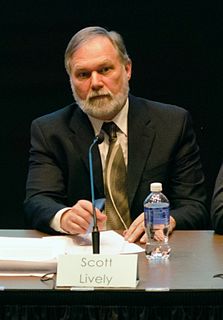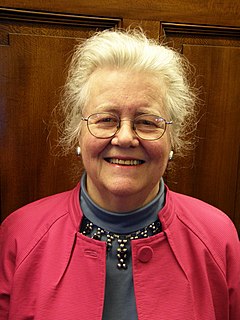A Quote by Susan Sontag
Related Quotes
Years ago I was asked this question: Do terrorists fear anything? I said, 'I suspect they would fear a morally strong America.' They would know that a morally strong America would not be dislodged. You can always appeal to a point of vulnerability which would break a people up. [Terrorists] don't fear so much the weaponry as the moral courage, and I think a morally strong America would be intimidating to them.

































